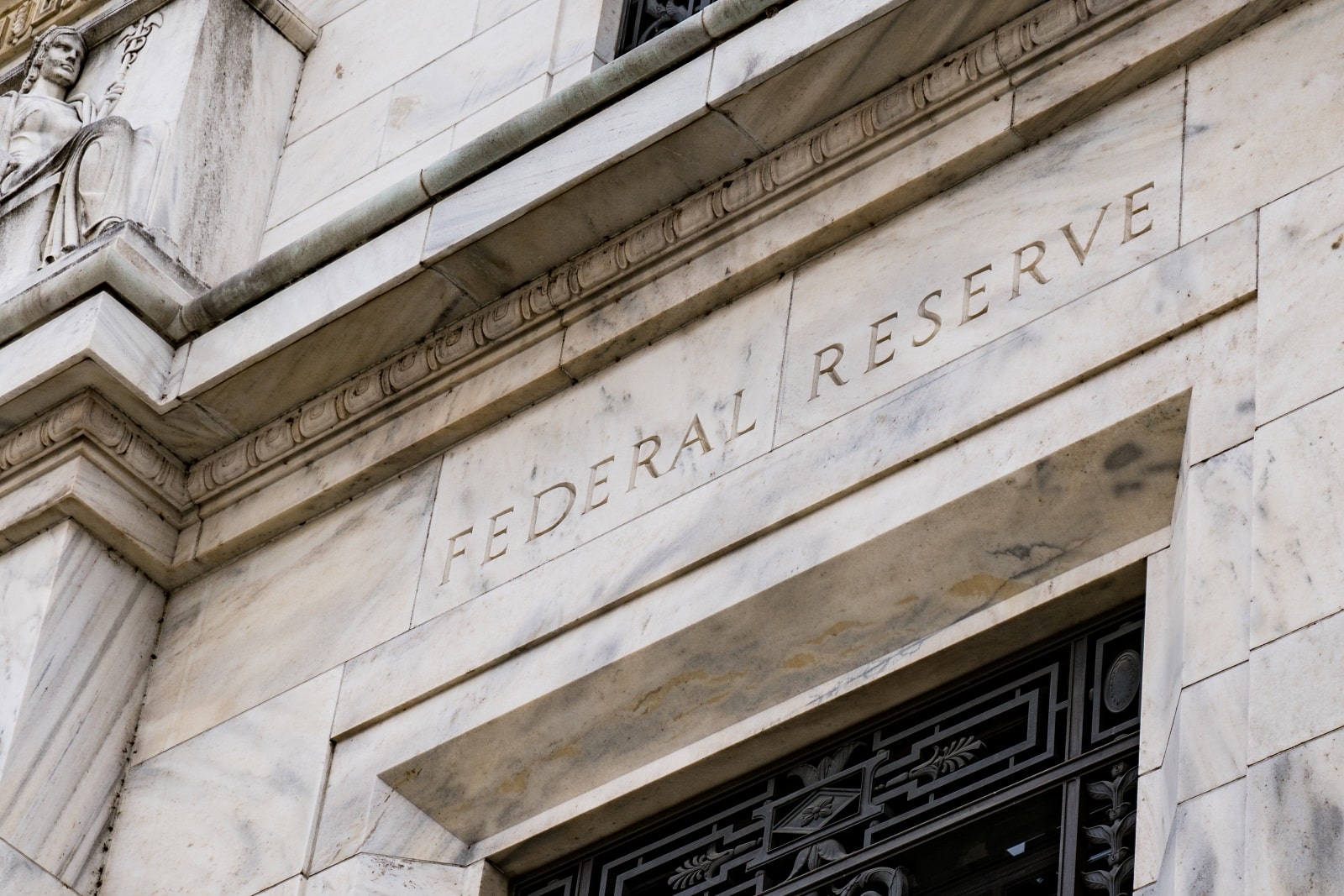In December, the US job market showed unexpected strength, challenging assumptions about the economy and Federal Reserve policies.
Decoding December’s Job Surge

The US economy witnessed a robust increase in employment last December, surpassing expectations. Employers not only hired more workers but also raised wages significantly.
This development questions the likelihood of the Federal Reserve cutting interest rates in the near future.
Implications for the American Public

December’s job growth, coupled with increasing wages, has a profound impact on the American public. While higher wages are a boon for workers, they also fuel concerns about inflation, which could affect everyday expenses and living costs.
This scenario presents a double-edged sword for households, balancing the benefits of higher income against the potential for increased costs of goods and services.
Mixed Signals in Employment Data

Despite the positive job growth, the employment report revealed some inconsistencies. October and November saw a combined downward revision of 71,000 jobs.
Additionally, the unchanged unemployment rate of 3.7% was partly due to a significant number of people exiting the labor force.
Interpreting the Data: Full-Time vs Part-Time Employment

The rise in part-time employment, as indicated in the job report, highlights a crucial aspect of the current job market. For many Americans, this trend means adjusting to a new economic reality where full-time, stable employment may be harder to secure.
This shift has significant implications for long-term financial planning, healthcare benefits, and overall job security, influencing decisions on family planning, education, and retirement for millions.
Economic Resilience Amidst Global Uncertainty

The labor market’s resilience has been a key factor in averting a recession last year.
With an expected continuation of growth through 2024, consumer spending is likely to remain strong, underpinned by the job market’s stability.
A Gradual Cooling of the Labor Market

Scott Anderson, chief U.S. economist at BMO Capital Markets in San Francisco notes “A gradual labor market cooldown remains in place, however, the lingering labor market resilience and strength in wage growth could keep the Fed on the sidelines for longer than the markets currently expect.”
Significant Job Increases in December

The Labor Department reported a 216,000 job increase in December. This figure notably surpassed the forecasts of many economists, indicating a still-expanding job market despite a slowdown from the previous year.
Impact of Federal Rate Hikes

The Federal Reserve’s rate hikes, totaling 525 basis points since March 2022, have cooled economic demand. This policy change is reflected in the reduction of new jobs compared to 2022, highlighting the Fed’s influence on the economy.
Diverse Sectors Contributing to Employment Growth

Various sectors such as government, healthcare, construction, leisure, hospitality, and retail significantly contributed to the job growth. This diversity in hiring indicates a broad-based recovery across different industries.
Government and Healthcare: Leading Job Providers

Government hiring, especially in education, was a major employment driver. The healthcare sector also showed considerable growth, adding thousands of jobs in ambulatory services and hospitals.
Construction and Hospitality: Weathering Challenges

The construction industry saw a rise in employment, aided by unseasonably mild weather. However, the hospitality sector still lags behind its pre-pandemic levels, indicating ongoing recovery challenges.
Professional Services and Manufacturing: Mixed Results

While professional and business services saw job growth, temporary help services experienced a decline. This mixed outcome highlights the sector-specific impacts of current economic conditions.
Transportation and Warehousing: A Decline in Jobs

In contrast to other sectors, transportation and warehousing witnessed a decrease in employment. This decline could reflect broader economic shifts and challenges within these industries.
Federal Reserve’s Policy Outlook

The Federal Reserve’s current policy stance suggests an end to aggressive rate hikes. However, the labor market’s continued strength could influence future monetary policy decisions.
The Big Picture: Labor Market Volatility and Future Trends

December’s job report, while positive, also highlights the volatility in household employment and labor force participation. This variability poses challenges for policymakers and economists in predicting future trends.
Part-Time Employment: A Growing Concern

An increase in part-time employment for economic reasons raises questions about the underlying health of the labor market. This trend could impact the Federal Reserve’s rate decision-making process.
A Complex Labor Environment

The US labor market’s performance in December presents a complex picture. While job growth remains strong, underlying challenges such as part-time employment and labor force participation need careful consideration. Policymakers and businesses must navigate these intricacies to maintain economic stability and growth.
More From Frugal to Free…
U.S. Budget Breakthrough: A Huge Step Forward Amidst Looming Shutdown Threat
Will Easing Inflation in America Continue?
The post Jobs Surge and Wages Rise, but U.S. Not Out of the Woods Yet first appeared on From Frugal to Free.
Featured Image Credit: Shutterstock / Who is Danny. The people shown in the images are for illustrative purposes only, not the actual people featured in the story.
The content of this article is for informational purposes only and does not constitute or replace professional financial advice.
